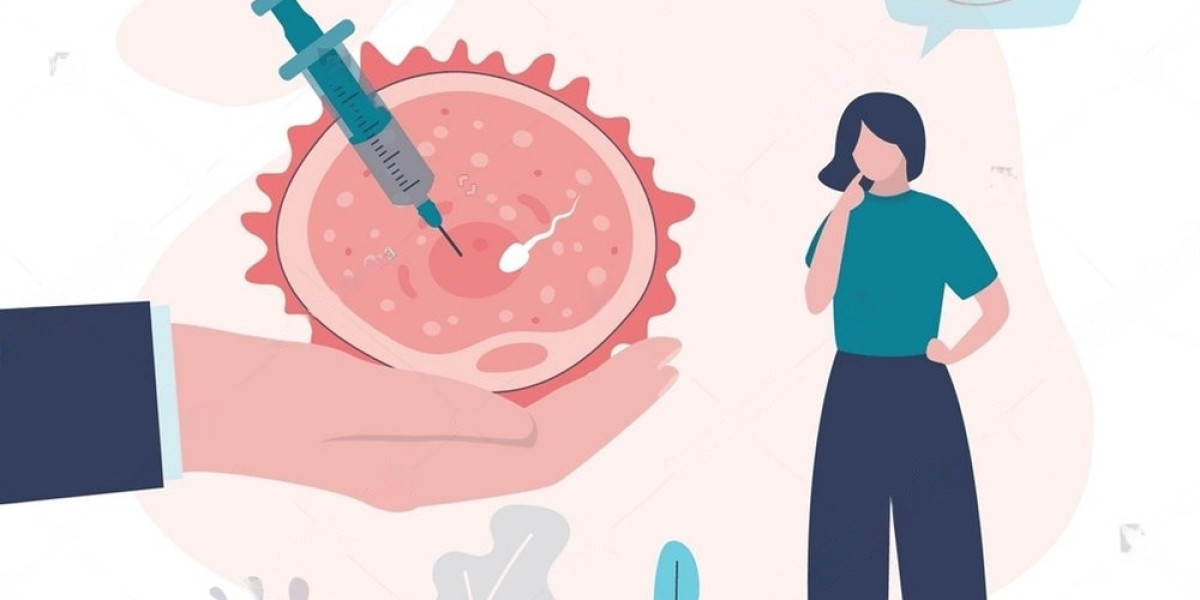Anti-Müllerian Hormone (AMH) is a key hormone produced by the ovaries that indicates a woman's ovarian reserve—the number of eggs available for fertilization. A low AMH level can be concerning for women trying to conceive, as it often signifies diminished ovarian function. Fortunately, Ayurveda offers holistic approaches to managing low AMH and enhancing fertility.
What is AMH and Why is it Important?
AMH is crucial for assessing fertility potential. Typically, higher AMH levels correlate with better ovarian reserve and a higher likelihood of conception. Low AMH levels may lead to difficulties in conceiving, and this condition can be influenced by various factors, including age, genetics, and lifestyle choices.
Causes of Low AMH Levels
Several factors can contribute to low AMH levels, including:
- Age: Ovarian reserve naturally decreases with age.
- Genetic Factors: Certain genetic conditions can affect ovarian function.
- Lifestyle Choices: Smoking, obesity, and poor diet can impact hormone levels.
- Medical Conditions: Conditions such as polycystic ovary syndrome (PCOS) or endometriosis can also play a role.
Ayurvedic Perspective on Low AMH
In Ayurveda, fertility is viewed as a holistic process that involves physical, mental, and emotional well-being. The treatment for low AMH focuses on balancing the body's energies (doshas) and enhancing reproductive health through natural remedies.
Ayurvedic Treatments for Low AMH
Herbal Remedies:
- Ashwagandha: Known for its adaptogenic properties, it helps in reducing stress and improving hormonal balance.
- Shatavari: This herb is celebrated for its ability to enhance female reproductive health and increase fertility.
- Ginger: Promotes blood circulation and can aid in improving reproductive health.
Panchakarma Therapy:
- Detoxification therapies such as Basti (medicated enema) and Pizhichil (oil massage) can help cleanse the body of toxins, improving overall health and fertility.
Dietary Changes:
- A balanced diet rich in antioxidants, whole grains, and healthy fats can support hormonal balance. Foods such as nuts, seeds, fruits, and vegetables are essential for enhancing fertility.
Lifestyle Modifications:
- Regular yoga and meditation can reduce stress and improve hormonal balance. Practices such as Surya Namaskar (Sun Salutation) can be beneficial for overall health and well-being.
Menstrual Cycle Regulation:
- Ayurvedic treatments can help regulate menstrual cycles, which is crucial for enhancing fertility.
Consultation with an Ayurvedic Practitioner:
- It’s essential to work closely with a qualified Ayurvedic practitioner to tailor treatments based on individual needs.
Conclusion
Low AMH levels can be a challenging obstacle for women seeking to conceive, but Ayurveda offers a comprehensive and holistic approach to addressing this issue. By focusing on natural remedies, lifestyle changes, and emotional well-being, women can enhance their fertility potential and improve their overall reproductive health.
If you are struggling with low AMH and seeking Ayurvedic treatment, consider consulting a reputable Ayurvedic center to explore personalized solutions that align with your health needs. With patience and the right approach, the path to motherhood can be made clearer and more attainable.








